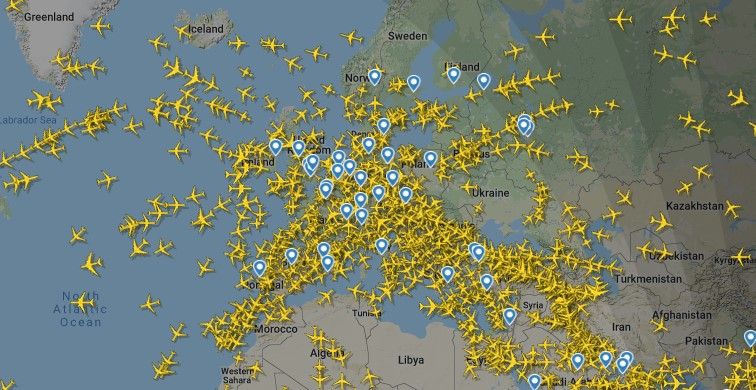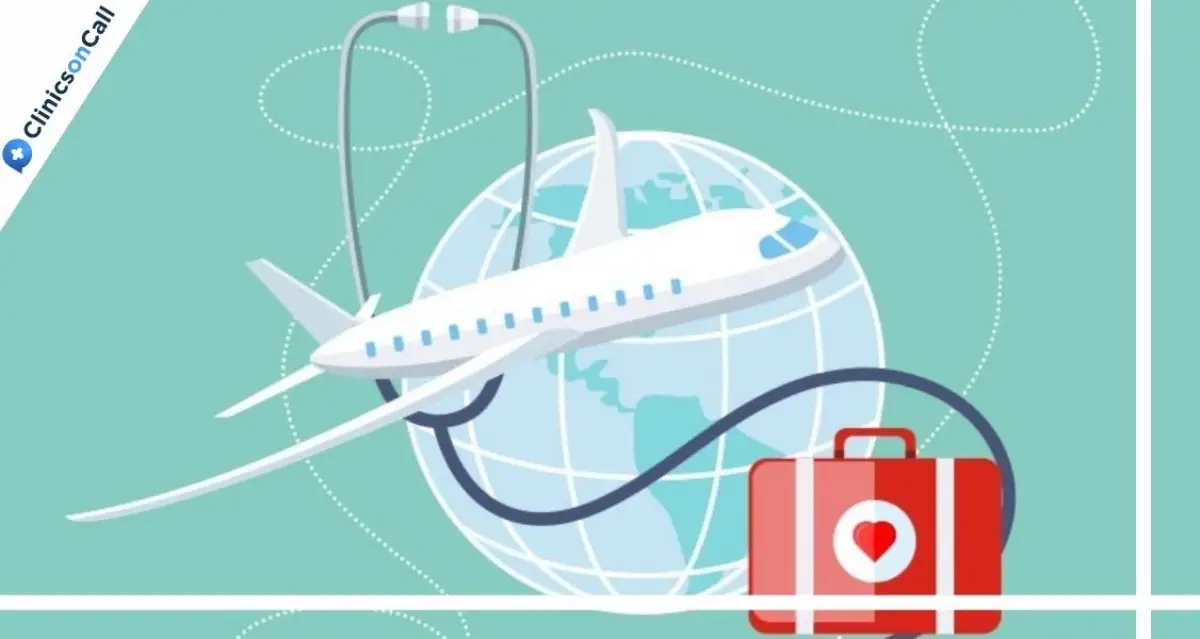Vietjet Aviation Joint Stock Company’s business result for Q2 of 2020, a period that was impacted the most by the Covid-19 pandemic, revealed that the carrier operated a flight network of 52 domestic routes with 14,000 flights, and transported more than two million passengers.
At the end of Q2/2020, Vietjet recorded air transport revenue at VND1,970 billion (approx. US$84.5 million), a decrease of 54% year-on-year, and a loss of VND1,122 billion (approx. US$48 million). For the whole first six months of the year, the airline’s loss in air transportation business stood at VND2,111 billion (approx. US$90.5 million), compared to the total loss of over US$84 for the global aviation industry.
To support its cash flow, Vietjet actively sought for partners and implemented many financial solutions such as asset transfer and financial investment, which resulted in a financial revenue of VND1,174 billion (approx. US$50.4 million) with a post-tax consolidated profit of VND1,063 billion (approx. US$45.6 million) in Q2/2020 and a consolidated profit of VND73 billion (approx. US$3.2 million) in H1/2020 that increased financial resources for the airline’s air transport business. This was achieved due to the solid financial base that the company accumulated throughout the previous years.
When Vietnam allowed domestic operations in June, Vietjet resumed its entire domestic flight network with 300 daily flights, resulting in a triple to five times growth in comparison to the country’s Covid-19 pandemic peak. The airline also launched eight new routes to meet rising domestic travel demand, increasing its total domestic flight network to 52 routes reaching an overall 14,000 flights. Its total passenger carriage reached 1.2 million passengers in June, marking a positive recovery for the domestic market.
With the advantages of cost optimization following the models of LCCs worldwide, Vietjet has been proactive in implementing cost-saving measures with an average cost drop of 55% due to operation capacity reductions of 30%-35% and a service cost decrease to around 20%-25%. In May, Vietjet kept a supply of fuel for reserves during its low prices, leading to a cost reduction of 25% compared to the market price. In addition, the carrier was also in talks with suppliers for a reduction of 20% up to 45% charge for airport handling, technical activities and other services.
Aiming to become a new-age carrier, Vietjet is committed towards carrying out commercial solutions based on 4.0 technology platform and mobile application development. Thanks to its tech-based cost optimization capacity, the airline has seen positive impacts when following the LCC model, which has been proven to be an effective choice for past economic crises.
The airline’s total asset is VND48,392 billion (approx. US$2.075 billion) with the owner’s equity being at VND17,339 billion (approx. US$745 million) including treasury shares. Its current liquidity is kept at a good rate at 1.4 while debt to equity ratio is 0.57, which are among the lowest rates in the global aviation industry. It allows Vietjet to proceed with its long-term financial plan in order to enhance its internal resources towards fighting the current pandemic.
Being active on measures to weather Covid-19, Vietjet has implemented many solutions since early 2020, from expanding the cargo transportation business, to developing the SkyBoss product and ancillary services, offering “Power Pass”, the unlimited flight pass and so on. In addition, the carrier also started a self-serve ground operation at Noi Bai International Airport in Hanoi, targeting a more active operation, reducing costs, increase ancillary revenue, and especially improve passenger quality services. In particular, Vietjet has also worked on many solutions to increase revenue and optimize operations. It has boosted cargo transport service since April, being the first airline in Vietnam to gain the government’s approval to deploy cargo operations in the passenger cabin (CIPC). At the same time, the company has increased charter service, expanding its self-serve ground service at Noi Bai International Airport to optimize operating costs.
Aside from Vietjet’s own efforts, the company is also anticipating the support from the Vietnam government to reduce pressure and boost the recovery for aviation. Following the Vietnamese airlines’ proposal, the Government and industry authorities are in consideration of aviation support packages, such as the exemption of taxes, fees, aviation services, environmental tax exemptions for flight fuels, financial assistance, extension of payment term and more. This support is crucial amidst the current situation in order to strengthen resources for domestic carriers. Globally, airlines are strongly supported by their respective governments towards the recovery from the devastating impacts of the pandemic as it is a vital sector for stimulating economic development. Vietjet’s positive results from its air transportation business and financial activities have made it one of the very few airlines in the world to cope well with the Covid-19 pandemic.















